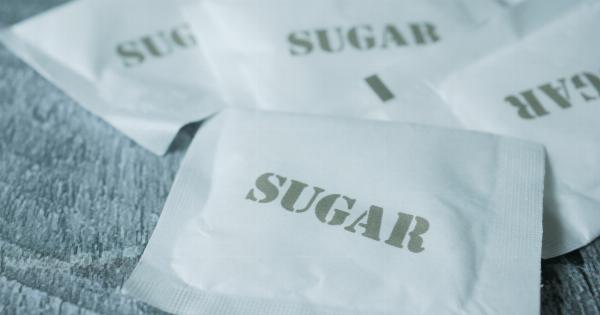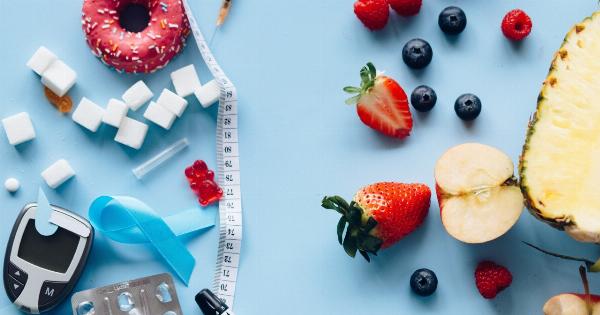The American Cancer Society (ACS) has declared aspartame a safe sweetener for consumption. Aspartame is a low-calorie artificial sweetener that has been used as a sugar substitute since the early 1980s, and it has been controversial ever since.
There have been several concerns regarding its safety, particularly the possible relationship between aspartame and cancer.
What is Aspartame?
Aspartame is a low-calorie artificial sweetener that is marketed under brand names such as NutraSweet and Equal. It is made up of two amino acids, phenylalanine and aspartic acid, which are found naturally in many foods.
Aspartame is used in a wide variety of products, including soft drinks, desserts, and chewing gum.
The Debate over Aspartame’s Safety
Since its introduction, there has been a lot of discussion about the safety of aspartame. Some studies have suggested that aspartame may be linked to cancer, while others have found no such link.
This has led to a great deal of confusion and concern among consumers.
One of the concerns about aspartame is that it is broken down into methanol, which is toxic in large amounts. However, this is not a serious risk, as the amount of methanol produced by aspartame is far below the level that would cause harm.
Additionally, the body is able to break down methanol into harmless substances.
Another concern about aspartame is that it may cause cancer. However, studies have shown that there is no evidence to support this claim. In fact, the American Cancer Society has declared aspartame a safe alternative to sugar.
What Does the American Cancer Society Say About Aspartame?
The American Cancer Society has taken a clear stance on aspartame. They state that aspartame is safe for human consumption, and that there is no evidence to suggest that it is linked to cancer.
They have analyzed the scientific evidence and concluded that aspartame is a safe alternative to sugar.
The ACS has also noted that aspartame has been extensively studied for over 40 years. They point out that the studies have consistently found that aspartame is safe for human consumption.
Additionally, the ACS notes that regulatory agencies around the world have also declared aspartame to be safe.
What Studies Support the Safety of Aspartame?
Several studies have been conducted to investigate the safety of aspartame. These studies have found no evidence to suggest that aspartame is linked to cancer or any other health problems.
A 2007 systematic review of aspartame studies conducted by the European Food Safety Authority (EFSA) concluded that aspartame was safe for human consumption.
The review found that there was no evidence of any adverse effects on the brain, nervous system, or immune system, and that there was no association between aspartame consumption and the development of cancer.
A 2013 review of the literature also found that there was no evidence to suggest that aspartame was linked to cancer or any other health problems. The review concluded that aspartame was safe for human consumption at current levels of intake.
Conclusion
Total avoidance of sugar is impossible for most people since sugar is commonly used in processed foods, natural foods, and almost all pre-packaged foods.
Aspartame is a sugar substitute that is popular among individuals who wish to limit their sugar consumption. While there has been controversy surrounding aspartame, the American Cancer Society has declared it safe for human consumption.
Numerous studies have supported aspartame’s safety, and there is no evidence to suggest that it poses any risk to human health.






























